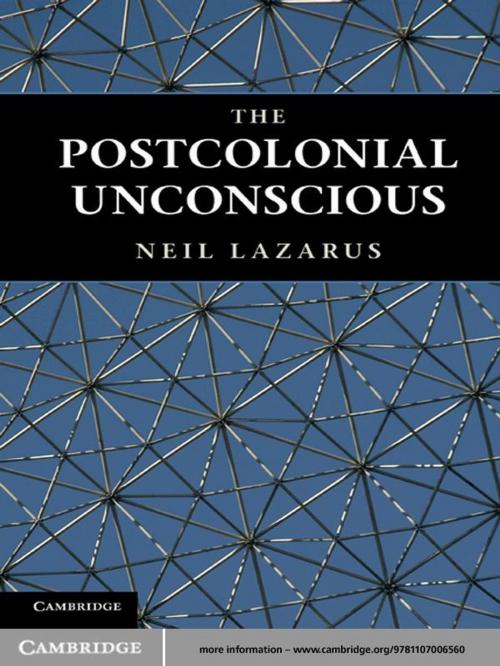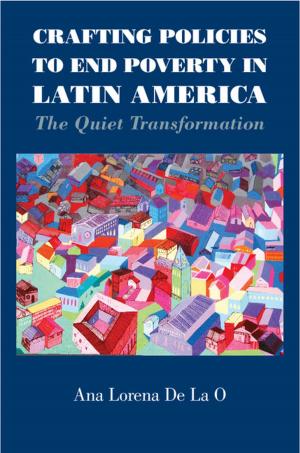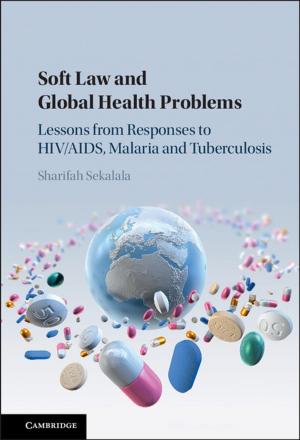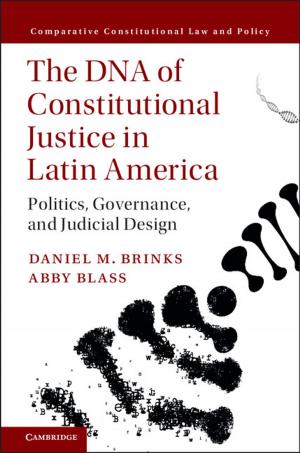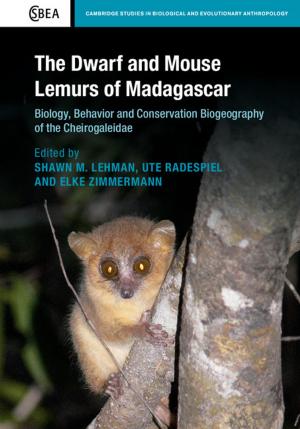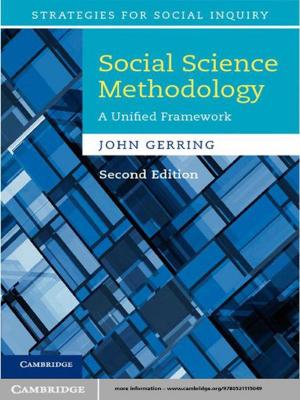| Author: | Neil Lazarus | ISBN: | 9781139097673 |
| Publisher: | Cambridge University Press | Publication: | June 30, 2011 |
| Imprint: | Cambridge University Press | Language: | English |
| Author: | Neil Lazarus |
| ISBN: | 9781139097673 |
| Publisher: | Cambridge University Press |
| Publication: | June 30, 2011 |
| Imprint: | Cambridge University Press |
| Language: | English |
The Postcolonial Unconscious is a major attempt to reconstruct the whole field of postcolonial studies. In this magisterial and, at times, polemical study, Neil Lazarus argues that the key critical concepts that form the very foundation of the field need to be re-assessed and questioned. Drawing on a vast range of literary sources, Lazarus investigates works and authors from Latin America and the Caribbean, Africa and the Arab world, South, Southeast and East Asia, to reconsider them from a postcolonial perspective. Alongside this, he offers bold new readings of some of the most influential figures in the field: Fredric Jameson, Edward Said and Frantz Fanon. A tour de force of postcolonial studies, this book will set the agenda for the future, probing how the field has come to develop in the directions it has and why and how it can grow further.
The Postcolonial Unconscious is a major attempt to reconstruct the whole field of postcolonial studies. In this magisterial and, at times, polemical study, Neil Lazarus argues that the key critical concepts that form the very foundation of the field need to be re-assessed and questioned. Drawing on a vast range of literary sources, Lazarus investigates works and authors from Latin America and the Caribbean, Africa and the Arab world, South, Southeast and East Asia, to reconsider them from a postcolonial perspective. Alongside this, he offers bold new readings of some of the most influential figures in the field: Fredric Jameson, Edward Said and Frantz Fanon. A tour de force of postcolonial studies, this book will set the agenda for the future, probing how the field has come to develop in the directions it has and why and how it can grow further.
